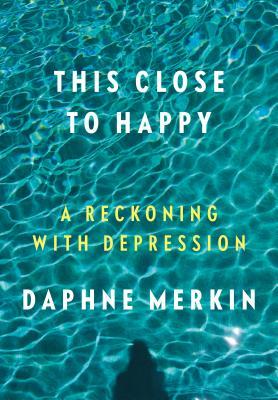What do you think?
Rate this book


304 pages, Hardcover
First published February 7, 2017
"Perhaps depressives expect too much of life when they're not feeling depressed, have too exalted an idea of what the standard is."I haven't been very active around these parts lately, for a couple of reasons. One is that my husband and I moved to a new apartment in a new neighborhood in town, and just the simple fact that I've been packing and unpacking and organizing has made it hard to sit down and finish a book and write thoughtful things about it.